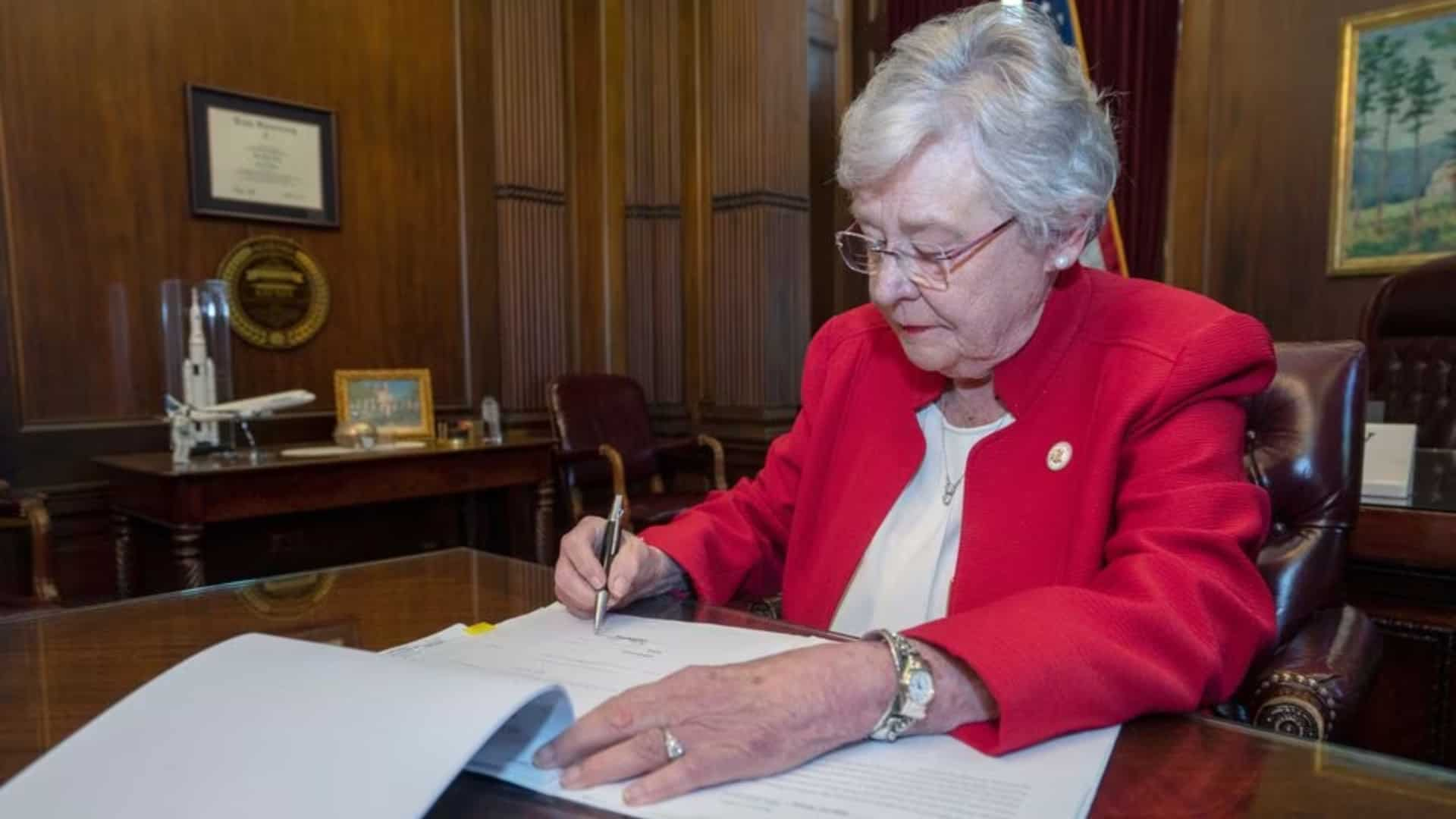Overview of Alabama Law SB129
Alabama Governor Kay Ivey recently signed into law a bill known as SB129, which has significant implications for Diversity, Equity, and Inclusion (DEI) programs in public schools, universities, and state agencies.
Key Provisions of Law SB129
- Prohibition of “divisive concepts” such as assigning “fault, blame, or bias” to any race, religion, gender, or color
- Restriction on discussions questioning the alignment of slavery and racism with the founding principles of the United States
- Empowerment of state agencies to take disciplinary actions against individuals violating the law
- Mandate for higher education institutions to designate bathrooms based on “biological sex”
Controversy Surrounding Law SB129
The enactment of SB129 has sparked criticism and debate:
- Critics’ Concerns: Democrats, civil rights advocates, and student groups argue that the law infringes on free speech and diversity efforts
- Comparison to Florida’s Stop Woke Act: Organizations like Pen America draw parallels between SB129 and similar legislation in Florida, expressing concerns about potential limitations on intellectual freedom
- Response from Birmingham Mayor: Mayor Randall Woodfin voices concerns about the impact on diversity and inclusion efforts, suggesting that Black athletes may seek opportunities outside of Alabama
- ACLU’s Perspective: The ACLU of Alabama criticizes SB129 as a measure aimed at stifling discussions on race, class, sexuality, and national origin, highlighting its potential effects on education and classroom dynamics
In conclusion, the implementation of Law SB129 in Alabama has raised significant questions about its implications for diversity, inclusion, and freedom of expression within educational and institutional settings.
















































